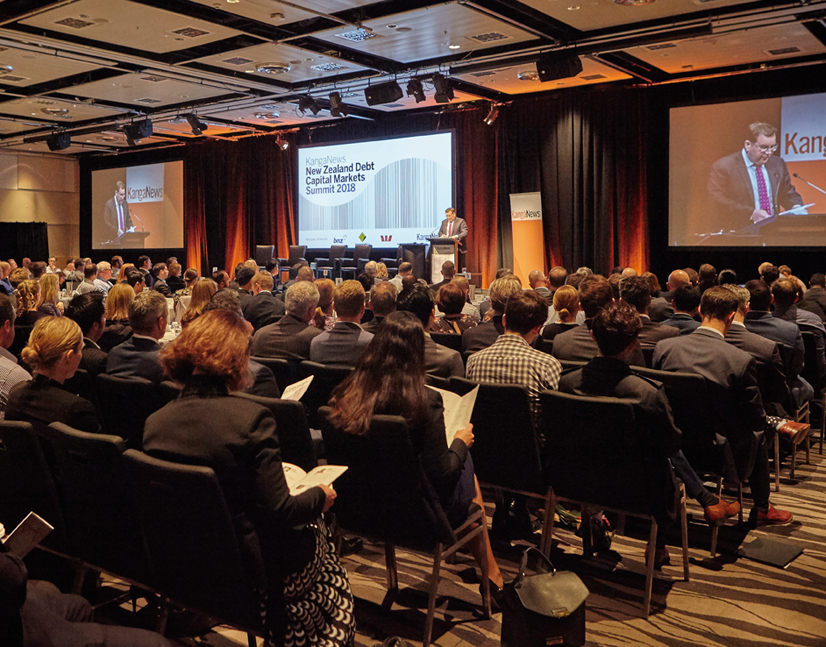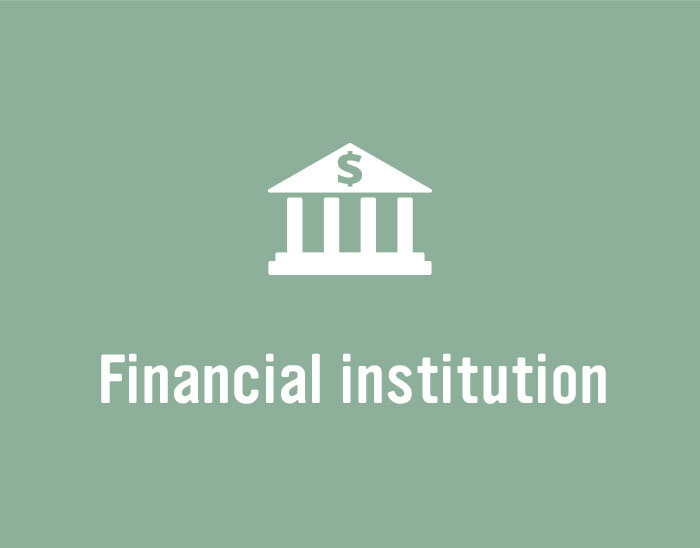
News

Capital markets seem to have come to an uneasy détente with the apparently unstoppable rise of populism in politics. But any interrogation of what populism really means should leave market participants worried about the effect its unchecked progress will have on the norms on which their livelihoods depend.

The KangaNews New Zealand Debt Capital Markets Summit 2018, held in Auckland on 8 August, attracted the largest delegate representation ever for an event that has run annually since 2013. Discussion captured all the talking points in the New Zealand capital market including macroeconomics, the business environment and trade updates, as well as spotlights on infrastructure, technology, bank securitisation and investing with impact.

Macquarie University became the third issuer of sustainability bonds in the Australian market, and the first university to price a dual-tranche deal, with its A$250 million (US$179.5 million) transaction priced on 29 August. With impact reporting still in its relative infancy in Australia, the university says the transaction provided the opportunity to show leadership in this area.

On 4 September, Asian Development Bank (ADB) (AAA/Aaa/AAA) launched an indicative A$200 million (US$144.4 million) increase to its September 2023 Kangaroo bond. Indicative price guidance for the forthcoming deal is 37 basis points area over semi-quarterly swap, equivalent to 43 basis points area over Australian Commonwealth government bond.

The third Fixed Income Beyond the Institutional Sector Summit, hosted by KangaNews and National Australia Bank (NAB), took place in Sydney on 2 August. This unique conference attracted another record number of delegates in 2018, as NAB continues to champion the importance of fixed income to the noninstitutional investor base.

AMP Bank (A/A2) launched its three-year domestic floating-rate note (FRN) transaction on 4 September. The forthcoming deal, for a minimum A$200 million (US$144.2 million), is being marketed at 110 basis points area over three-month bank bills and is expected to price on the day of launch. ANZ, Citi, Commonwealth Bank of Australia and National Australia Bank are joint lead managers.

The use of social-impact bonds (SIBs) by governments, around the world and in Australia, is continuing to expand as stakeholders seek to mobilise private-sector capital for social gain. However, the problem of replicating what has already been achieved at scale and in a format that works for institutional investors is proving difficult to overcome.

For the second year running, as part of KangaNews and Mizuho Securities' Japanese investor-engagement project, four bond issuers from various jurisdictions and sectors give their insights into the evolution of Japanese demand for Australian dollar issuance and how they engage with this important bid.

The Australian base rate has been on a trend incline throughout 2018, driving up banks’ cost of funds and some lending rates. Debate is raging about whether the trend is structural or cyclical, for how long it will last, how far it could go and the wider consequences.

On 3 September, AMP Bank (A/A2) revealed initial price guidance of 110 basis points area over three-month bank bills for its potential three-year domestic floating-rate note (FRN) transaction. The deal is expected to launch and price in the coming week, according to lead managers ANZ, Citi, Commonwealth Bank of Australia and National Australia Bank.
